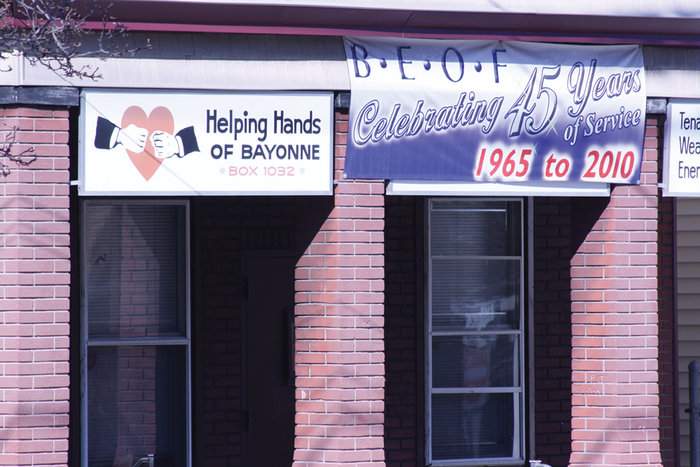Local community groups that rely on federal Community Development Block Grants (CDBG) will feel the impact of a deal made in Congress earlier this year.
Mayor Mark Smith said that the federal government is expected to cut Bayonne’s Community Development Block Grants (CDBG) by 18.59 percent in 2012.
“In dollar terms, the expected cut would reduce the size of the annual federal grant from $1,729,276 to $1, 407, 819,” said Smith.
“This is an anticipated figure,” said City Spokesperson Dr. Joseph Ryan, noting that a hearing on the anticipated figure will be held in the City Council chambers in City Hall on Feb. 9 at 5:30 p.m.
This, according to local officials, comes as a direct impact from the deal the U.S. Congress made in order to preserve a middle class tax cut, and means that the city will have to decide where to cut.
“Ironically, this (CDBG) was a Republican program.” – Dr. Joseph Ryan
____________
The remaining 85 percent of these grants can be used for construction and other similar projects related to non-profit enterprises.
The reduction in the funding will have a grave impact on programs that mostly benefit the poor. This includes programs such as nutrition programs for the poor and senior citizens, Ryan said, like the Meals and Wheels program that delivers meals to housebound senior citizens.
“This means that these groups will have 18 percent less to use,” Ryan said.
Smith blamed Republican representatives in Congress for pushing for sharp cuts in Community Development Block Grant funding.
“Ironically, this (CDBG) was a Republican program,” Ryan said. “It was an idea brought out in the Nixon/Ford Administration in 1970. They thought local government better served the people, and this was designed to get revenue to local governments.”
How the cuts will be made remains largely unknown at this point, but the impact won’t be felt by just one or two programs.
“We have a choice to cut all in one place or to spread out the pain,” said City Business Administrator Steve Gallo. “We’ll probably spread it out among all of the organizations that received CDBG funding.”
Bayonne has received CDBG funding since 1975.
“We received about $2 million in the past. Last year, it was reduced to $1.7 million, and now it is down to $1.4 million,” he said.
This amounts to about a 25 percent cut in this funding over the last two years.
Where exactly the cuts will be made is still to be determined.
“We can’t know,” Ryan said. “We will have to look at presentations and packages of proposals and after a full hearing, city officials will then look to where to make cuts that will have the least harm.”
But most city officials see this as bad for the most vulnerable in the city, those who have come to rely on these programs.
Smith said Bayonne isn’t alone. These cuts are being felt throughout the country, and are part of the national debate over funding of programs such as these. Since urban areas like Bayonne, Jersey City, and Newark have the most people relying on funding, the impact is felt hardest when they are cut – even when everybody is cut at the same percentage, city officials said.
